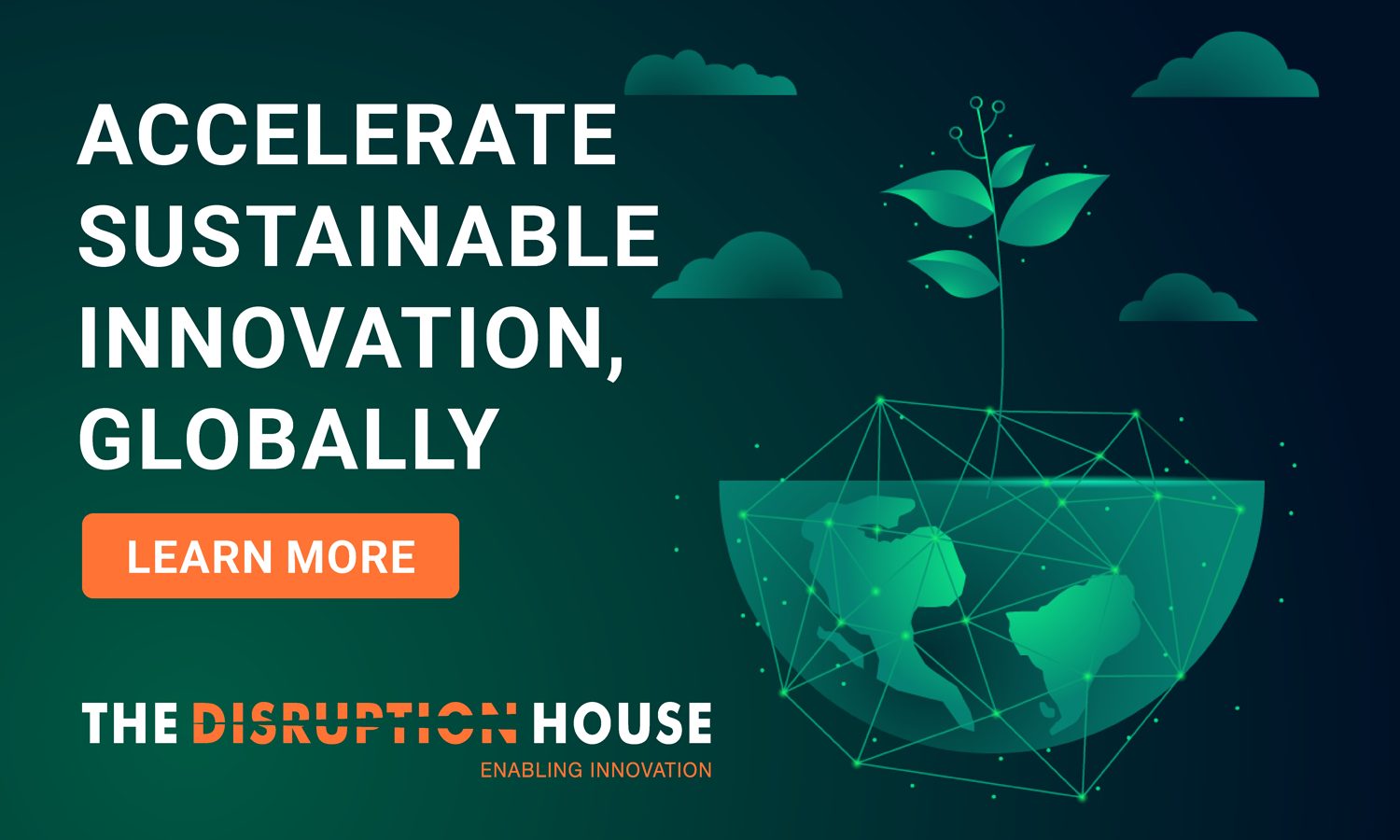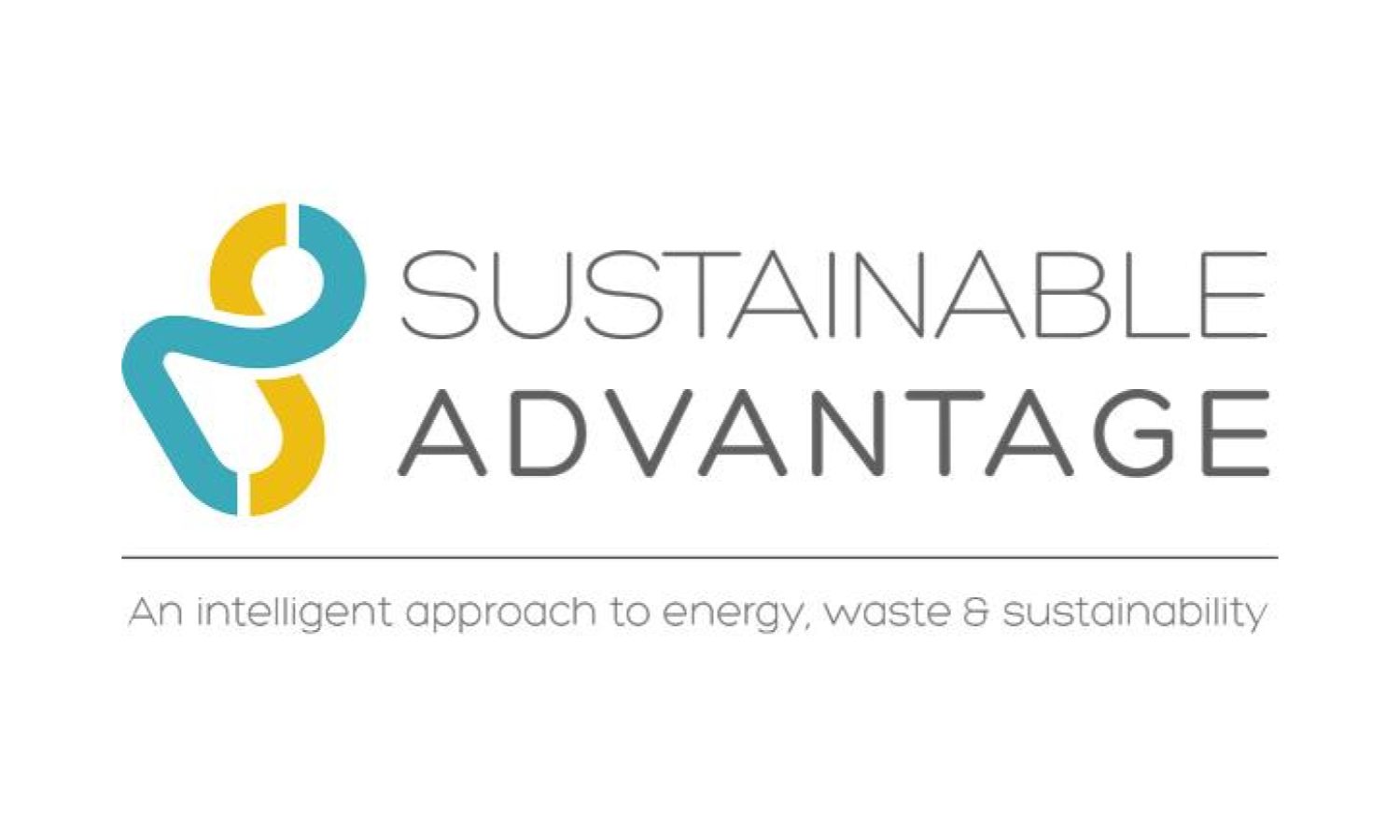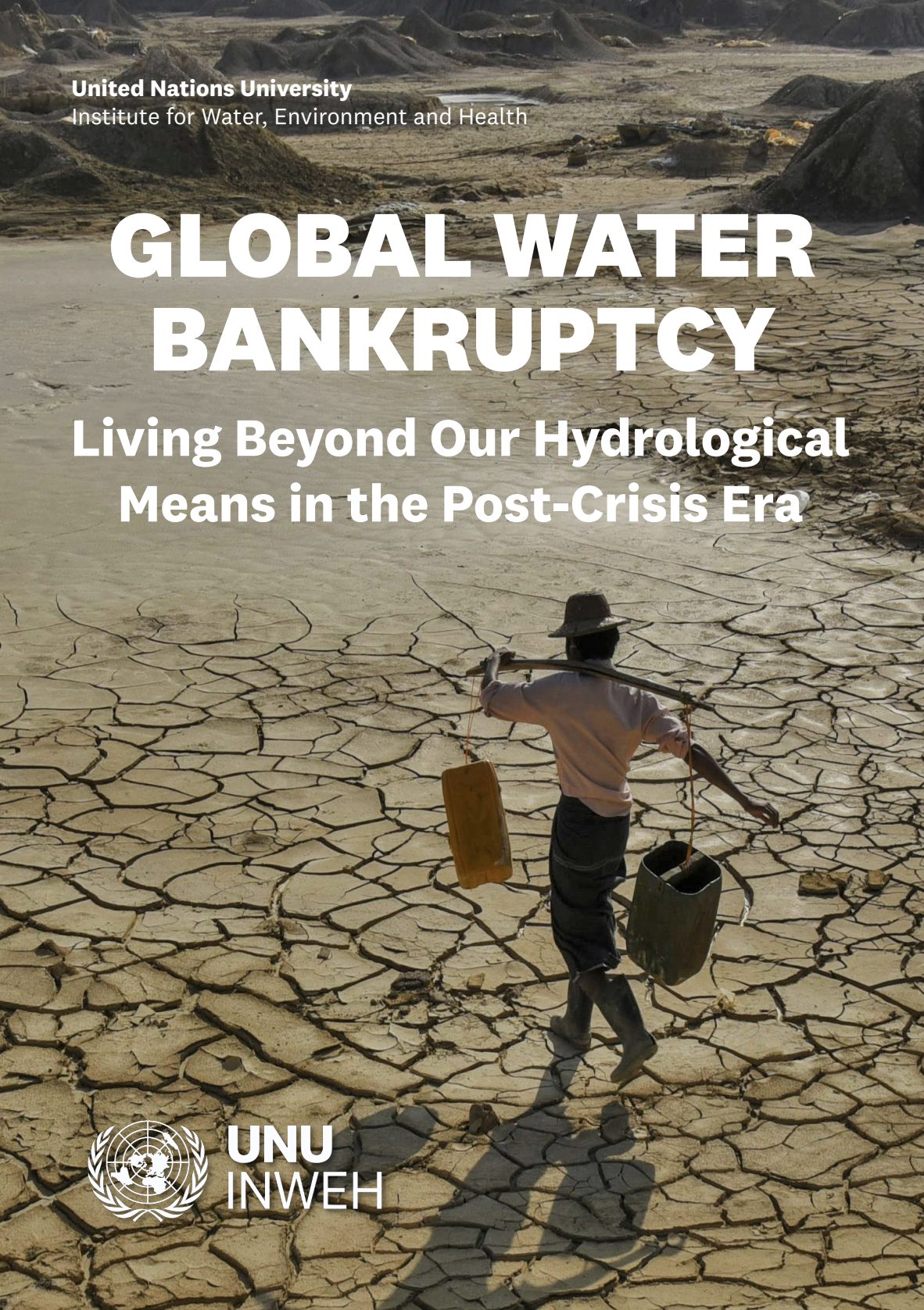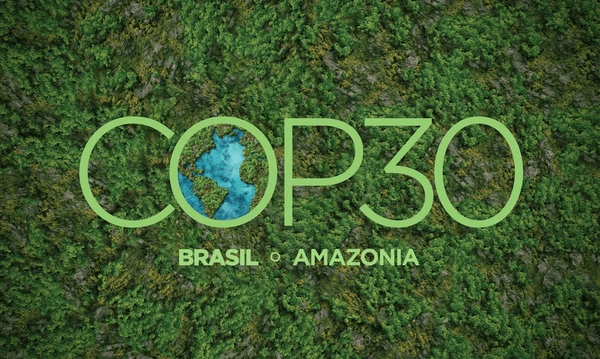Survey reveals the top 5 industries which are on a good pathway to net zero


Carbon Neutral Group, who work with organisations to build actionable net zero roadmaps, grounded in robust carbon accounting and operational change, has reviewed industry sectors and their road in sustainability, specifically those who are leading the way to becoming net zero, by examining their decarbonisation progress across five major industries. When it comes down to industry sectors, retail and fast-moving consumer goods (FMCG) companies are currently leading the way to net zero readiness, in comparison to logistics and hospitality industries, who for now remain behind. The research assessed the hospitality, FMCG, manufacturing, logistics and retail sectors, comparing each industry's knowledge…
EditorFebruary 9, 2026

















